The Netflix Scare
What This Means For Netflix Moving Forward
Netflix logo (2022)
Netflix is one of the biggest streaming services on the planet and one of the first. A good way to show this is asking someone what the first streaming service is (and a decent chunk will say Netflix). Even with massive amounts of popularity, over the last couple months their stock has reached a massive low, even with their highest price being only six months ago in late October 2021. But why is this happening, and what does this mean for the future of this company and for streaming services as a whole?
It is no surprise that streaming services like Netflix or Disney+ have spiked in popularity after a global pandemic took the reins of society and chucked everyone into their homes with little to do and a few work options. But with everyone going back to work, time has become a more valuable commodity that most don’t spend on streaming as much as they used to. People are also paying more for things due to an 8.5% increase in inflation and an even higher increase on gas and crude oil prices. It’s no wonder why people are dropping their Netflix subscriptions. Before and during the early stages of the pandemic, the price of Netflix was $13.99 a month (for standard plan, but rest assured the price went up for all three plans) from October 2020 to now where the price has hiked up to $15.49 a month. Now, this doesn’t seem like a huge amount of money, but that’s $185.88 dollars a year to a single company, not even considering any other streaming services like Disney+ or even basic cable. Here’s some perspective: the average cost of electricity for a Maryland resident is $1,489.92 a year ($124.16 on average per month) and if you add the cost of average Netflix on it, it comes out to $1,675.80 a year for just Netflix and electricity, with Maryland not even having the most expensive energy in the US ($162.66 on average per month for Hawaii).
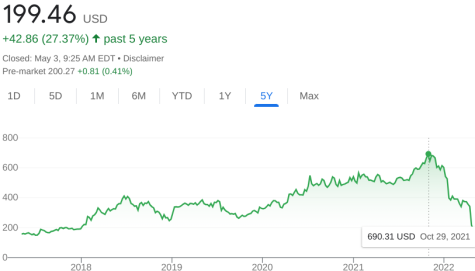
After the COVID pandemic hit and streaming services became more widespread, so did the competition for Netflix. Multiple new streaming services came for the ride like Disney+ and Paramount+ with the veterans of streaming, that being Hulu, Netflix, and Prime, with all having costs of over $10 a month (with a few exceptions). With all this competition and variety, what makes Netflix stand out among the masses? Well there is only really one thing, their originals. Every streaming service has its originals, that’s the main draw of them now but it wasn’t always like that. It was, before the pandemic and far before that, services like Netflix to make a multitude of movies and other television series fully able to be seen by the masses, basically middlemen. This was all good but with companies like Disney saying in 2017 that they wanted to make their own streaming service so they took off a bunch of movies in 2018 with a drop in stock by a few percent. This is a single example but with Disney becoming bigger and bigger by the day and other companies taking their example like Paramount+, it would be unsurprising if this is one of the reasons for Netflix’s stock falling.
I’ve been speaking about reasons that I think could have been doing this, now let’s see what other groups have been saying. After their stock fell, Netflix stated that the main two causes of their massive stock fall was the war in Ukraine and password sharing between people. So for the war in Ukraine, it is not very clear. The war started very late February and it has been falling for several months before. Back in late October and November, Netflix stock reached its highest point ever at just shy of $700 ($690.31 being the highest ever!). It went down slightly but by January 20, 2022, the stock dropped $100 overnight and the stock had been dropping further since down to less than $200 at the time of writing. This shows that the stock had little to do with the war but let’s look at the second claim of password sharing being the cause.
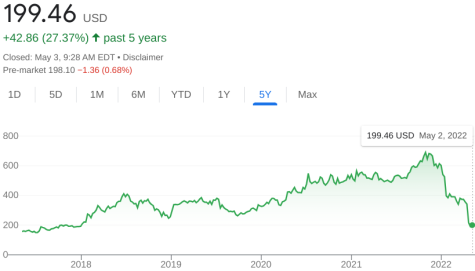
Password sharing is a massive thing throughout the streaming service realm and it makes sense, you want to share with your family/friends and you don’t want them to pay the $188 dollars a year so you share your password. So why would this affect stock? Well they say that “second, in addition to our 222M (million) paying households, we estimate that Netflix is being shared with over 100M additional households,” which makes it seem that password sharing is making the company lose a lot of possible profits but that may not be certain. From personal experience, my family had been sharing passwords for the longest time, at least since 2016 and, for this case, let’s use that as a baseline. Since June 1st, 2016 (not an exact date for the start of the password sharing start of my family, but an easy number for the representation), it had risen from $99.59 by six times at its peak six months ago and close to double for now, and the profits have also risen from roughly 8 billion to 30.4 billion a year. So no, password sharing is not their main issue. Anyways, what are they doing to fix it?
“… in addition to our 222M paying households, we estimate that Netflix is being shared with over 100M additional households
— Netflix, in a letter to shareholders
Netflix, after seeing their stock falling and falsely diagnosing the issues, decided to try to crack down on the one problem that they could attempt to control, password sharing. Recently, in their Newsletter to shareholders, they say, and I quote, “we started testing different approaches to monetize sharing and, in March, introduced two new paid sharing features, where current members have the choice to pay for additional households, in three markets in Latin America.” This is roughly saying that Netflix expects people who are sharing their password for free to say that they’re sharing their password and should be charged more money (the charge would be less for the members if you share with someone under this program but would probably cost more long term in total). Now this may work but it is unclear, for this system is being tested in a smaller market and things may be different. The worst part of this would be the industry impact of this because if other companies follow this trend, your free streaming with immediate family and friends is looking less and less like a reality.
Netflix is an interesting business to look at, for it is a key example of what an evolving business looks like, an example others can look at for how to grow with the changing times. But will growth be stagnant in the future or will it break through this time?
Your donation will support the student journalists of Brunswick High School. Your contribution will allow us to purchase equipment and cover our annual website hosting costs.


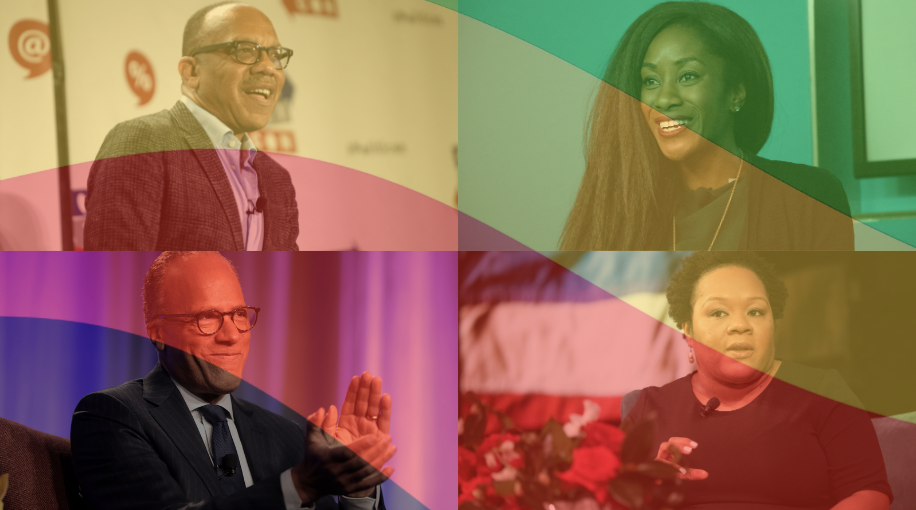









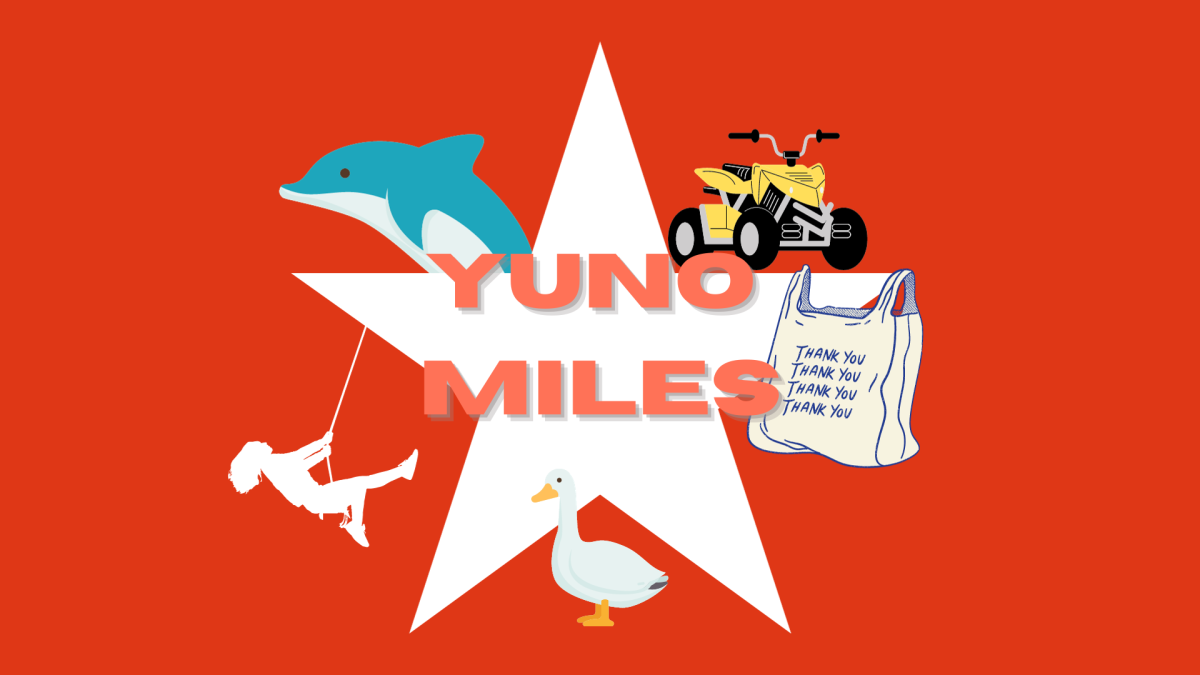











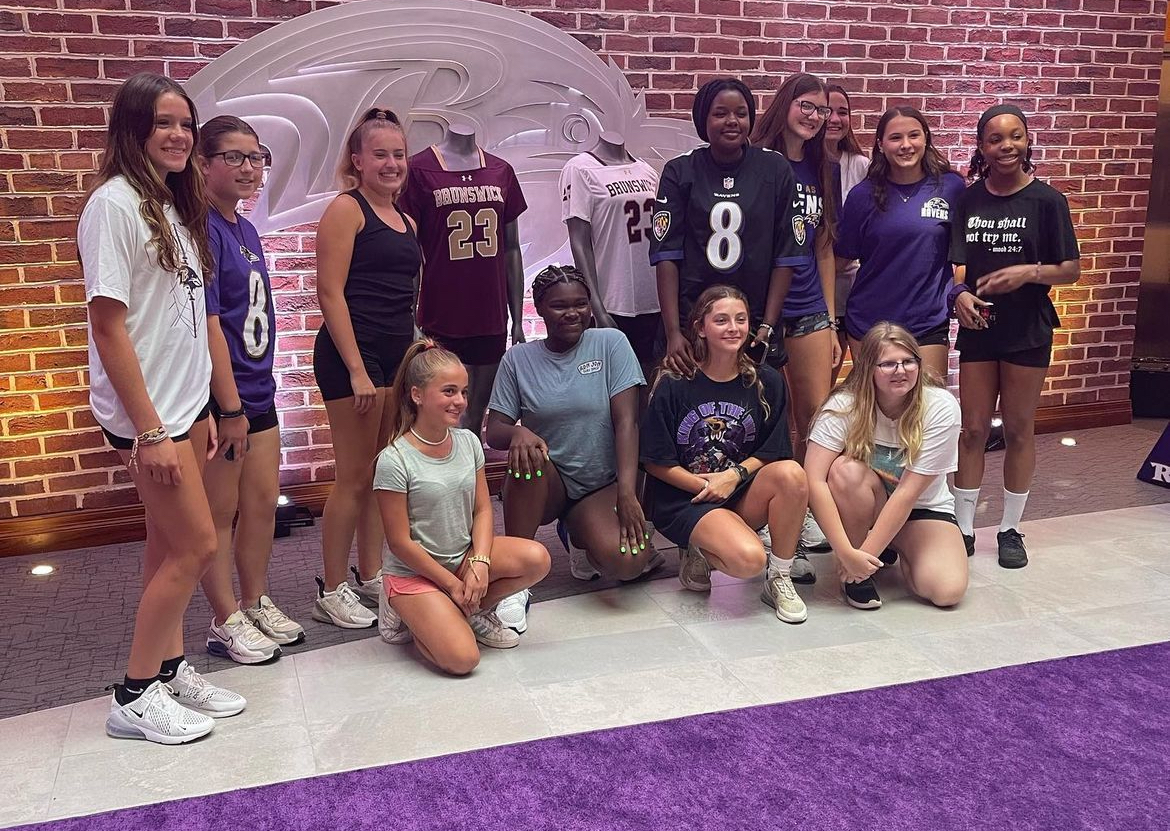



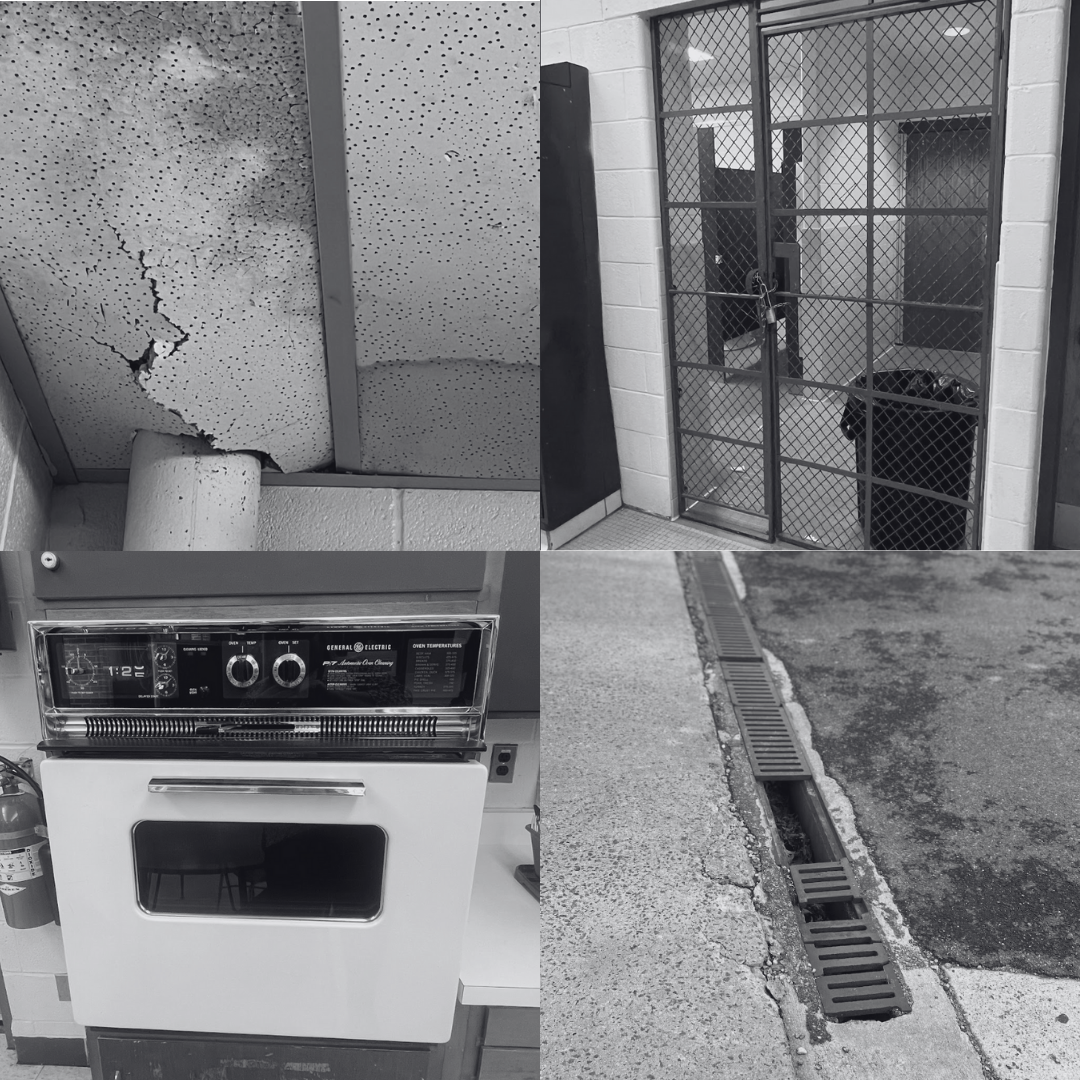



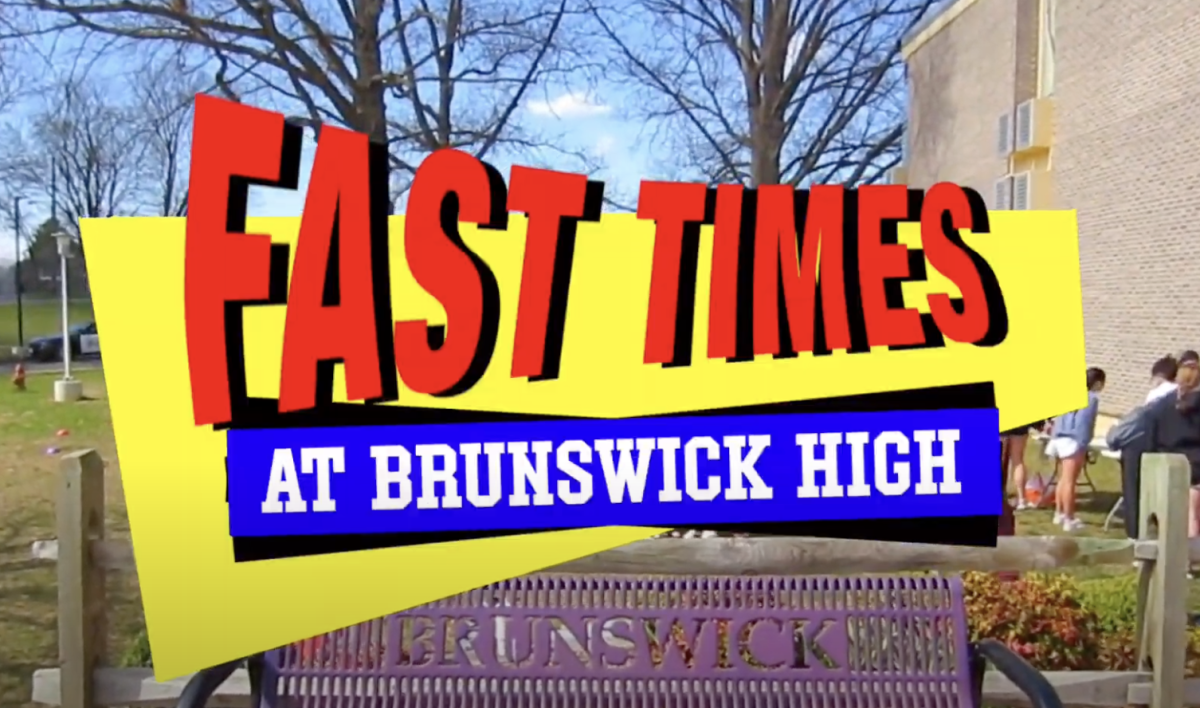









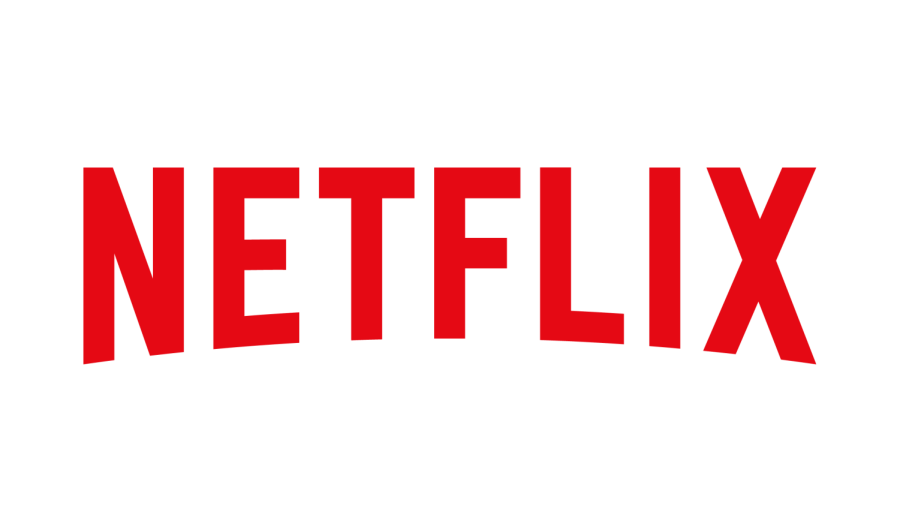



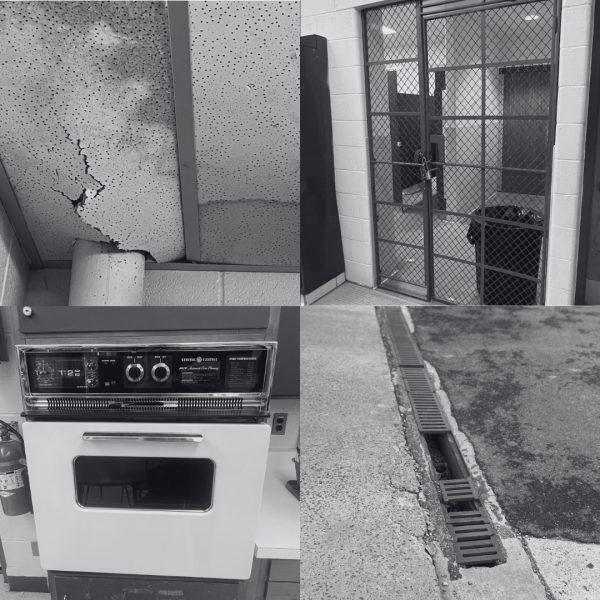






![Former President of Harvard, Claudine Gay, giving a speech at her Inauguration; becoming Harvards 30th president. [CC BY-NC-SA 2.0].](https://bhsgazette.org/wp-content/uploads/2024/01/claudine-gay-600x400.jpeg)
